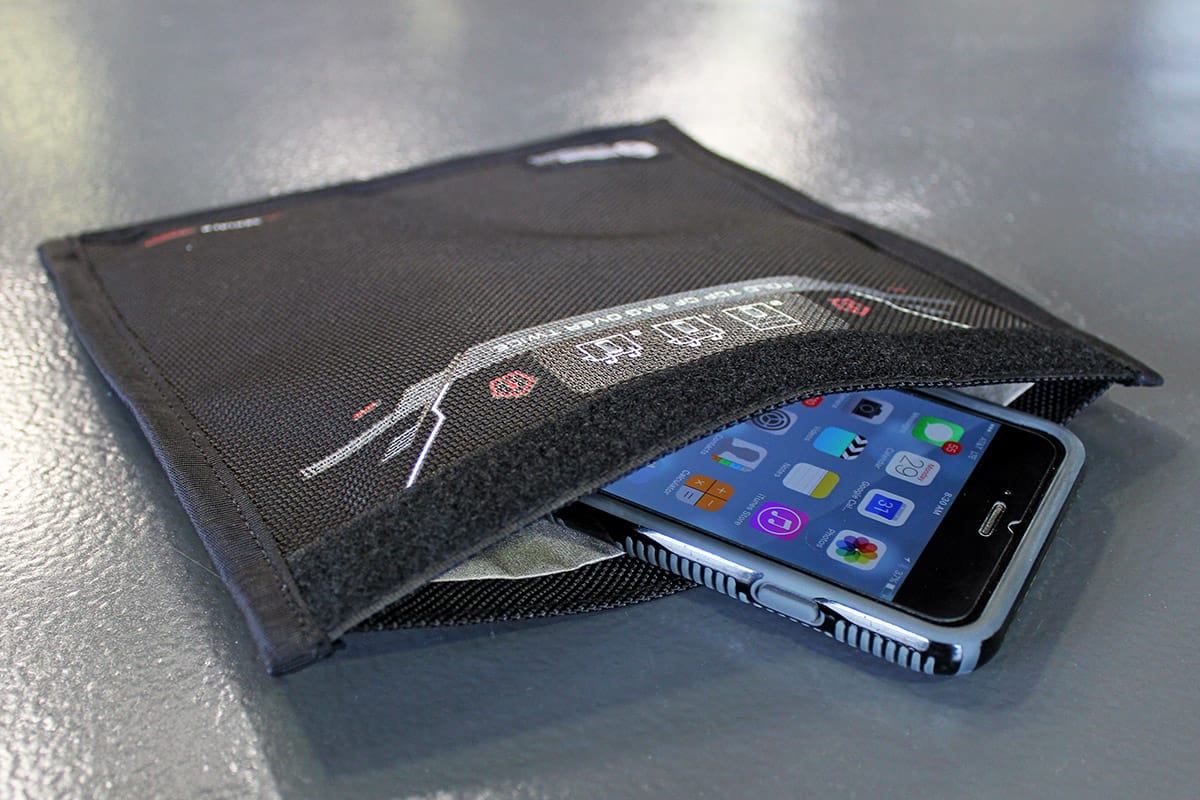Can You REALLY Stop Your Phone From Being Tracked?
The modern citizen’s paradox: total awareness, zero privacy.

We've never had more privacy tools—and never been more completely tracked.
Your phone offers dozens of privacy settings. App stores overflow with security apps. Faraday bags promise signal blocking. VPNs claim to hide your location.Yet government agencies buy your data from apps. Tech companies track you through multiple vectors.
Data brokers sell your movements to anyone willing to pay. The surveillance apparatus has never been more comprehensive. The privacy theater has never been more convincing.
But can you actually escape the digital panopticon? Or are most "privacy" solutions designed to fail while making you feel secure?
The Real Test Results
The surveillance apparatus operates differently than most people realize. TikTok myths collapse under actual testing. Here's what works—and what doesn't.
Mission Darkness ($25): Premium protection that actually works. Testing confirms it blocks Wi-Fi, Bluetooth, NFC, and cellular signals. Protection activates immediately upon sealing. With 4.6 stars from 6,000+ reviews, it leads through documented effectiveness. Not marketing.
When activists finally got these, government location tracking showed "signal lost" for the first time.
Simcat ($15.29): Mid-range performance with car key protection. Earned 4.4 stars from 1,200+ users while blocking the same signal types as premium alternatives. Solid choice for most users seeking app tracking protection.
Wver/Onever ($6.64): Budget option with surprising effectiveness. With 4.2 stars from 4,000+ reviews, controlled testing confirms it blocks all major signals. Physics works regardless of price.
Chips Bag (Debunked): Despite TikTok tutorials, wrapping phones in chip bags provides zero protection. Recent testing specifically debunked this myth.
The thin, discontinuous metal layer cannot create the sealed barrier required for signal blocking.
Someone relying on snack bag "security" remains completely vulnerable to surveillance.
The Surveillance Economy
Behind this privacy theater lies a profitable deception.
The $200+ billion surveillance economy depends on continuous tracking. Government agencies purchase location data from tech companies and data brokers.
Facebook tracks you even when the app is closed. Google Maps records everywhere you go. Weather apps sell location data to hedge funds. Gaming apps share your patterns with advertisers. Government agencies buy this commercial data to bypass warrant requirements.
This system benefits from people believing they can easily opt out. "Privacy" settings often provide security theater—the illusion of protection without threatening actual surveillance capabilities.
The NSA's PRISM program accesses data directly from tech companies.
Local police departments purchase location tracking tools from private companies. Immigration enforcement uses the app data to find targets.
The surveillance apparatus operates through your pocket.
The Signal Truth
Your phone constantly broadcasts signals—cellular, Wi-Fi, Bluetooth, NFC, GPS. Government agencies and apps exploit each signal type.
True protection requires blocking all frequencies simultaneously through proper signal shielding.
Faraday cage physics requires a sealed metal barrier. Budget bags work because they understand this principle.
Chips bags fail because their metal coating is discontinuous and improperly sealed.
Your apps continue tracking even when you think they're off. Background processes send location data to servers.
Bluetooth beacons in stores track your movements. WiFi networks log your device signatures.
Constant RF exposure from tracking signals affects your bioelectric field while enabling comprehensive behavioral monitoring.
The Pattern of Digital Control
This pattern echoes throughout the surveillance state. Government agencies and tech companies promote privacy tools that don't work while suppressing methods that do.
Apps offer privacy settings that maintain tracking through alternative channels. The surveillance economy requires people to believe they have control while ensuring comprehensive monitoring continues.
Yet real protection exists.
Digital sovereignty demands abandoning TikTok folklore for evidence-based solutions. Choose protection based on physics, not viral videos.
The key insight: effective privacy protection exists at multiple price points, but it requires moving beyond convenient myths to proven solutions that actually block the surveillance apparatus.



